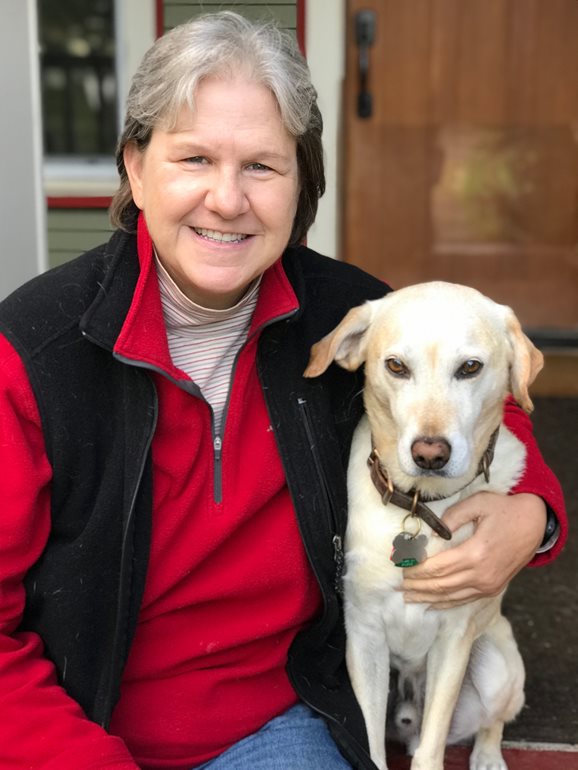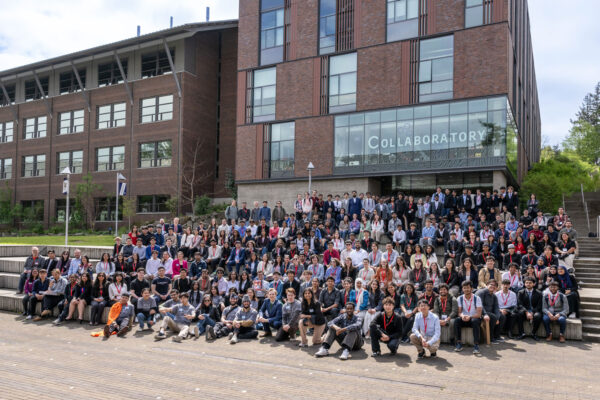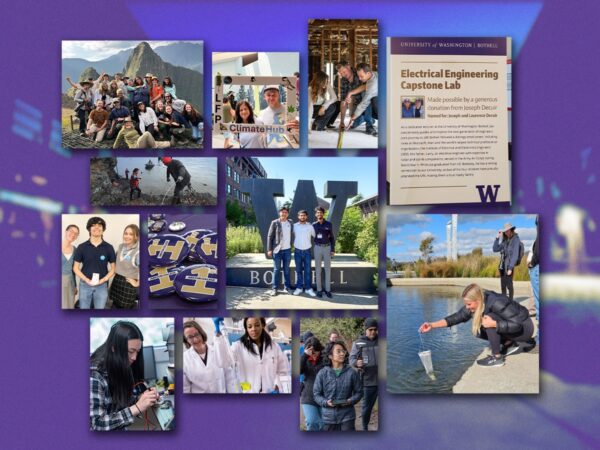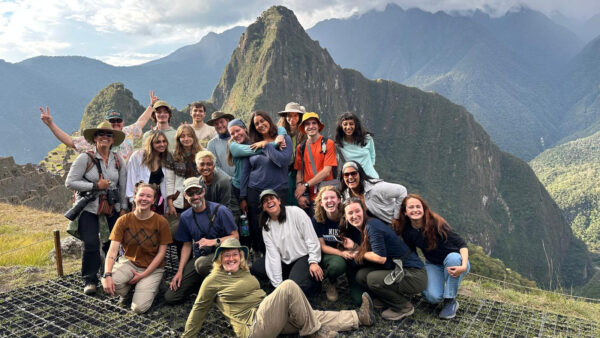
By Laura Mansfield
Just in time for October — which is Breast Cancer Awareness Month — I have been diagnosed with breast cancer. My timing is lousy. November is Peanut Butter Lovers Month, which would have been way more fun.
Mine is a success story of early detection. Disclaimer: I “hope” it’s a success story; the end is not yet written. On vacation in August, I noticed that my left breast felt “different.” There wasn’t a palpable lump, there were no symptoms whatsoever. There was only my intuition, whispering to me to pay attention. Seriously, what is it with intuition? Use your outside voice, for heaven’s sake!!! But I digress. If I hadn’t been due for a screening mammogram, I might have dismissed it. Two weeks later, I became the newest member of a very large sorority. Probably the only sorority that would have me, but I digress again.
Thus far, the hardest part of cancer for me is telling the people who care about me that I have cancer. I want to cloak the news in levity and brevity, but there’s really no way to make it easier. Those closest to me have drawn in. My partner Marilyn is there when I’m anxious and discouraged and to offer her reassurance no matter how many breasts I have when this is over. One friend dropped off chocolate bars the day after I got the news. My friend MB, a woman with decades of experience in health care, helped me find an oncologist (there were spreadsheets). And my very busy friend Dr. V (who is involved in the state’s COVID-19 response) dropped everything to walk us through the complicated pathology reports. I told my team in Advancement early because I knew they would be supportive and funny and kind. And they have been all those things.
I’ve been the most surprised by the women who have walked this path ahead of me. Women I barely know have reached out to me to offer support and comfort. I cling to their words and replay them at 3 a.m. when I can’t sleep.
Sometimes, it’s just you and cancer. I got an MRI two weeks ago. You’re put in a tube face down and told to breathe normally but not deeply. So, you lie there, listening to the jarring beeps and buzzing of the MRI machine, rationing each breath. There’s nothing to do in an MRI but wait for the magnets to tell your fortune.
Several women have told me that this is the hardest part — the waiting for test results. There are two small masses in my breast (< 1 cm) and an adjacent area that likely contain malignant cells. As I write this, it looks like I will have a lumpectomy. My surgeons will remove the cancerous part of the breast and sample my lymph nodes. Because they must remove a large portion of my left breast, a plastic surgeon will reduce the size of my right breast to make them symmetrical. I keep telling Marilyn I will have the wisdom of a 56-year-old and the breasts of a 21-year-old.
Also, I am now someone who has a plastic surgeon. I can’t wait to drop that into casual conversation.
After I heal from surgery, I will have radiation treatments on my left side. You know what else is on your left side? Your heart. There are sophisticated methods to deliver left-side radiation. But the idea of it is frightening.
I’m keenly aware that my race and economic status give me a huge advantage. According to the Centers for Disease Control and Prevention, Black women are less likely to have their cancer detected early, and they have higher death rates. I’m fortunate to have access to excellent health care, which makes my chance for long-term survival high. Every person should have that right.
My surgery will likely take place around my birthday in mid-November. It might be my most memorable birthday and with the best present ever — the gift of healing, and life.
Laura Mansfield is the director of digital communications at UW Bothell. She has a master’s degree in public health and a background in health care communications, which has been helpful since receiving her diagnosis. Laura urges all women over the age of 50 to get regular mammograms and to listen to their intuition if they feel something is out of the ordinary. She also wants to remind those who do not have health insurance or cannot pay out-of-pocket costs that they may be eligible for a screening through the Breast, Cervical or Colon Health Program. She also suggests chocolate as a coping device.


